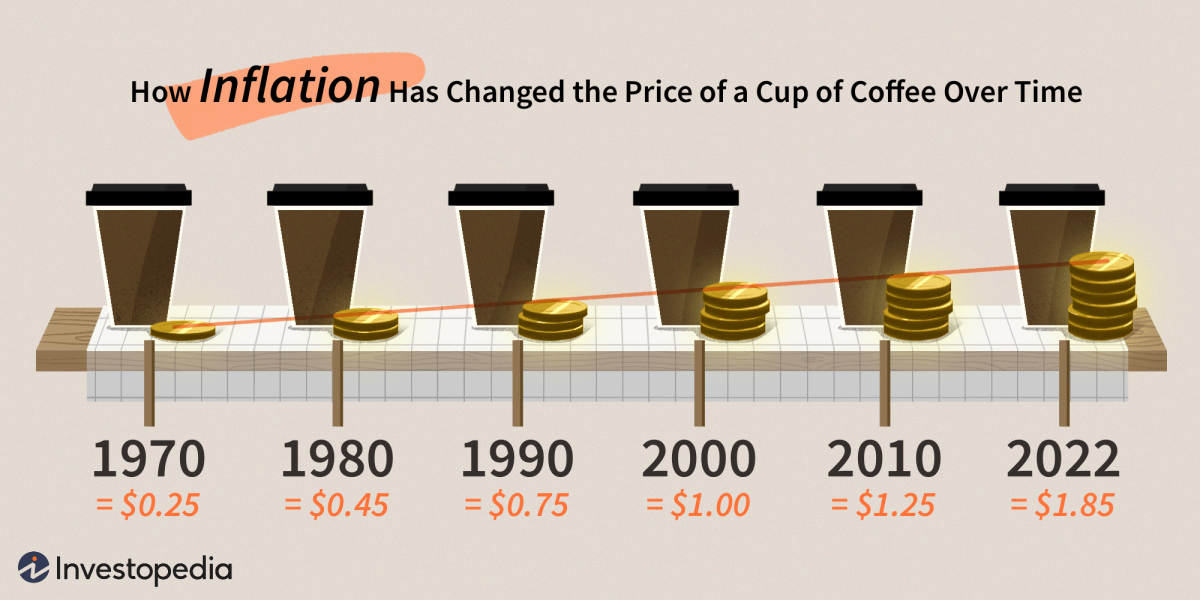Financial Planning Tips And Tools For Seniors
Adjusting to being a senior financially can take you by surprise if you aren't prepared for living on a fixed income.
All too often, seniors find themselves trying to figure out what went wrong or what they can do to simply get their life back to square one.
Why does this happen? Simply because most of us are so caught up in our daily life that we don't think about certain financial pitfalls that may be out there for seniors and by the time we "arrive", we can find ourselves in trouble.
Financial planning is the cornerstone for a secure and financially happy retirement.
Learning more about your options can only give you peace of mind and help you face the future with confidence.
Let's take a look at some of the ways that seniors can approach their retirement with a financial grin.

Financial Tips and Tools for Seniors
These are all common considerations for seniors along with some advice on how to make the most of them financially.
- Health Insurance Coverage. Many people
think that Medicare covers everything and that once they qualify for Medicare,
they are home free. Not so. There are many things that Medicare does NOT
cover and also many physicians and facilities who will not even accept Medicare
because their pay scales are so low.
Oftentimes, it is necessary to have Medicare Part B to up your coverage
enough as well. Some people keep another
health insurance plan to cover what Medicare does not and if you or your spouse
has the option to work enough to qualify for health care coverage through an
employer, this is the absolute best way to go to avoid incurring large medical
bills.
- With the current health care reform coming into effect and the changes made in Medicare funding, it's very important to know what's covered and what changes are coming. Also check to make sure your physicians or facilities will be covered under new changes. Health care costs can be devastating if you don't have insurance coverage so make sure you're covered. You can check out present stats on the Medicare website or the Medicare Rights Center.
- Keep an eye on your tax liability.
Increases in income can be just enough to push you into another tax
bracket and you may find that making a little more isn't helping you but
hurting you. You want to maximize your money's value and not lose
money! This is an area where
financial advisers really help but you can also check out the IRS
website for
information on how much you can make before you "cross the line" into
another
tax bracket. Bottom line on income is dependent upon what you receive
from Social Security and not going above the limits of what you can
make. The IRS or Social Security can outline it entirely so you make
the most of your income.
- Social Security truths and lies.
Most people think that once you reach the age where you qualify for
Social Security, it is all smooth sailing.
You just collect your money and you're home free. Not so!
The actual retirement age keeps changing so always check out the current
laws and rules in place. If you retire
at 62 for instance, you will not receive as much as you would at 70....and by quite
a substantial amount. You will also not
be able to earn as much money in addition to Social Security without it being
taxed. There are all different levels of
taxation and pay-out in between, so check with your Social Security office for
the most current information to be safe.
If you can, maximize your income and reduce your taxable Social Security
income! It's all about the age you collect and the income numbers.
- Investment Portfolios.
Many advisers
say that senior citizens should look at more growth-oriented investment
options
and avoid stock market investing due to the possibility of decline or
instability especially when thinking about living on a set income.
Investments such as stocks and bonds are considered a better option for
seniors because you have a short time to invest and you can't take the
ups and downs of a swinging market.
- Check with your tax account or with the IRS. Tax rules state that you can sock away an
extra $1000 in a tax-deferred retirement account. This would be in addition to existing maximum
contributions. It's wise to throw as
much as you can into tax-deferred accounts.
You are providing for your future as well as lowering your present
taxable income. Find out every possible place that you can invest without penalty and put your money in the safest accounts.
- Check your wallet.
Making sure you
have enough cash flow and analysis of it from time to time is the way to
have a
healthy retirement. Making sure that
your debt does not exceed your income is the best way to always be in a
positive cash flow position. Keep an eye on your indebtedness and keep
in the habit of paying off bills monthly. That way should something
unexpected happen, you won't find yourself in a financial pickle or
needing to borrow money.
- Be a demon about record keeping. If you track expenses and know where your money is going, you have the best chance at being successful at retirement. Learn all that you can about deductions such as employment expenses, home expenses that are deductible if you work as a telecommuter or volunteer expenses that are deductible. Tap into free financial planners at banks, through AARP or through the Area Agency on Aging to get advice on what areas you can possibly improve on to shore up your financial status.
- Check on other insurance plans and coverage. Make sure your homeowner's insurance is up to date and other plans such as life insurance, car insurance, etc. are maximized. Not to say that you have to have too much coverage. You should have the "right" coverage for this time in your life, which means for instance with life insurance that you have enough to cover your home if it's not paid off in full but you shouldn't be paying for extra insurance that won't be needed. You should also investigate homeowner's and car insurance policies to be sure you're getting all the discounts you can get such as senior or automatic withdrawal of payment, etc. Reduce coverage that you don't need and keep an eye on your policies from time to time for rate comparisons. Don't be afraid to ask for a cheaper rate!
- Consider continuing to work or going back to school.
Just make sure to check on taxable income or
how much you can safely make without losing money on Social Security
benefits
or having to pay more taxes, putting yourself into a different tax
bracket,
etc. Also check into loans and grants
for seniors returning to college.
They're out there! By continuing to work, some seniors also keep their
health insurance coverage or other plans alive. Many companies have
minimum hours per week that folks can work to keep their coverage and it
sometimes is a good investment to keep working! Make sure you also
maximize any deductions you can claim.
- Consider the reverse mortgage. These are available to anyone 62 and older and uses your equity to make loan payments to a reverse mortgage lender. This is something called a non-recourse loan and you will never end up owing money on your home in a reverse mortgage no matter how long you live in it. Some people trash the idea of reverse mortgages because of the high fees at inception but they are growing in popularity as more seniors cannot afford to live on their income and need a monthly infusion for things like home improvements or medical expenses. The high fees have been coming down and they are becoming more lucrative. While they aren't for everyone, you can check with a federally insured program which has come on board to provide mandatory consumer counseling, providing more stability and credibility to this program.
- Check your glide path. Glide path is a term used for changing the mix of stocks and bonds and retirement funds dependent on aging. It is advised that seniors take less risk and do not leave themselves vulnerable to drastic changes in the market. In short, take the most stable approach and while you can also be too conservative in your approach to investments, the best approach is not high risk investments for seniors.
- Spending your money. It is advised that seniors not spend more than 4% of their retirement funds per year.....perhaps a conservative figure but one that will ensure that you have enough money to go the distance. You want the money to be there for you but you also should enjoy life in your retirement. There is a fine line between spending wisely and being a miser.
Financial Planning: Financial Tips and Tricks for Seniors
In short, taking stock of what you can do to make your retirement a pleasurable time now will save you much aggravation later on. It might even make it a walk in the park.
There is an incredible amount of free resources out there on senior financial planning but stop there. Financial advice is free through most lending institutions though keep in mind that they do have a vested interest in getting you to go through them. However, their advice is sound and it's to you to decide if you should go that route or keep exploring.
You can also receive free financial advice through AARP after paying a minimal amount for membership. In turn, you'll receive lots of discounts on everything from lodging to insurance and you can also arrange for free financial advice through their experienced team of advisers on senior financial plans.
Don't forget books and the Internet. Do your homework and come up with your own specialized ways to benefit you and your spouse in your golden years.
It may seem like a maze looking at financial planning for seniors but with a little research, you'll find the financial answers you need to make it less frightening and more enjoyable.
If you have some financial tips and tricks for seniors that you'd like to share here to enhance the hub, please leave your comments!
About the AARP
More Reading on Financial Planning for Seniors
- Financial Abuse of Seniors and Elders is Increasing
Baby boomers are getting older and more fragile. When it comes to handling everyday matters more caution must be put into place. The reason, they are more prone to become victims of scams, identity theft, and... - Best Loans Available For Senior Citizens
WHAT TYPES OF LOANS ARE AVAILABLE FOR SENIORS? As people move into the - Student Loans Available For Seniors
I bet you thought this was about student loans for seniors in high school, huh? Does something sound funny about that phrase....student loans for seniors? Well, not really! In this day and... - Financial Planning Sources For Seniors
Whether you're already a senior or you see this phase of your life on the horizon, there are some things you should consider now rather than later. It's never too late (or too early) to consider your... - Financial planning for old age - Savings and regular...
When I was in my twenties, I read a wise article about how to make money, this is something I encourage everyone to do, read advice about money. One reason people like to make money is to buy things and go...










